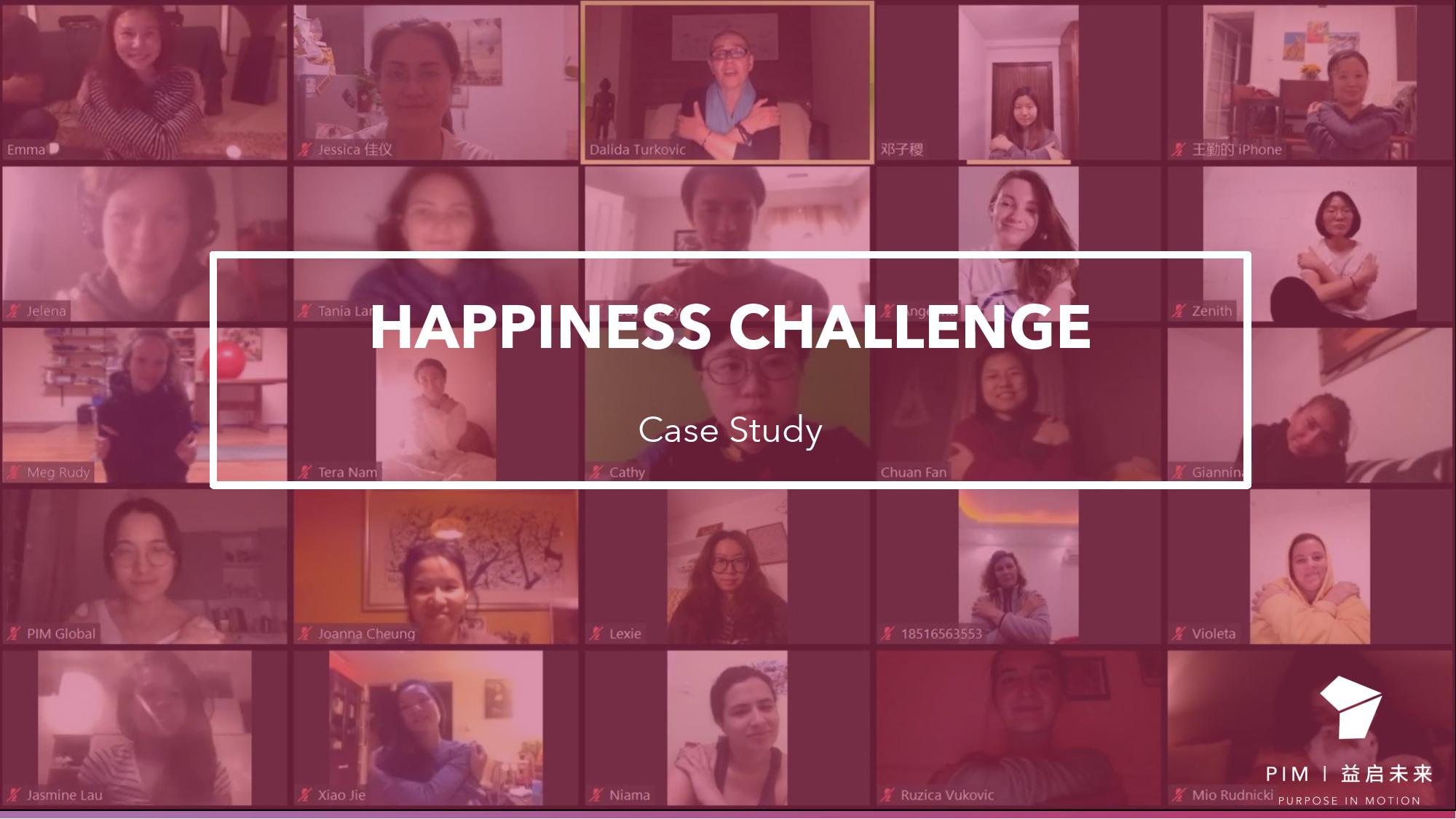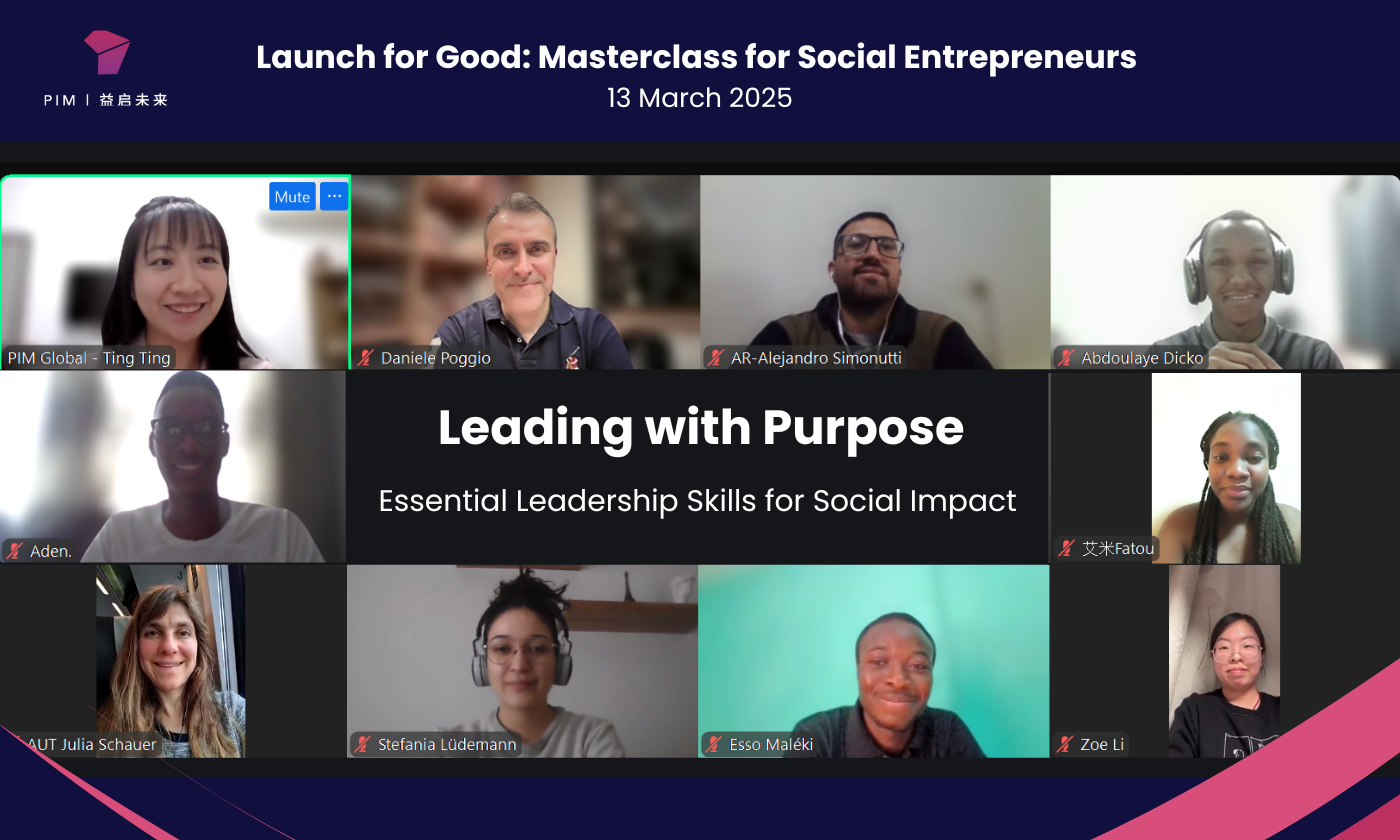Happiness Challenge
A 21-day challenge promoting well-being, healthy habits, and resilient communities, grounded in positive psychology
Highlight
The Happiness Challenge is a series of gamified activities based on concepts scientifically proven to boost happiness and well-being, designed to help communities better manage the socio-emotional effects caused by COVID-19 disruptions. Featuring daily seven-minute challenges, multimedia content by positive psychology experts including Dr. Laurie Santos of Yale University, and digital peer support groups, the Challenge impacted more than 1,500 participants around the world, with 88% of participants surveyed reporting positive shifts in their daily habits and 86% reporting positive changes in their mood as a result of their participation in the program. PIM launched the pilot program in April 2020, generously supported by crowdfunding donors and the Rockefeller Brother’s Fund.
Situation and Background
In 2020, the COVID-19 coronavirus spread around the world, forcing billions of people into quarantine. Data suggests an increasing global trend of mental vulnerability during this unprecedented time: the World Health Organization has cited surveys showing an increasing prevalence of distress among 35% of the population surveyed in China, 45% in the US, and 60% in Iran. In China, a recent study of 1,210 participants from 194 cities reported that 53.8% had experienced a moderate or severe psychological impact, with 31.3% experiencing depression, 36.4% experiencing anxiety and 32.4% reporting some level of stress.
In response to the many disruptions brought about by COVID-19, many organizations – including schools, companies, and social organizations – actively sought ways to promote positive well-being and support their communities during this challenging time.
About Rockefeller Brothers Fund
The Rockefeller Brothers Fund is a philanthropic foundation created and run by members of the Rockefeller family, which advances social change that contributes to a more just, sustainable, and peaceful world.
As the pandemic sparked an extended period of uncertainty and social distancing, PIM’s global happiness challenge helped social innovators find new ways to build community connections that will help sustain China’s philanthropic and non-profit sector for the long term.–Nick Lo, Program Assistant, Rockefeller Brothers Fund
Our Approach
Our goal was to find an education-based approach to alleviate mental health and anxiety during self-isolation, helping individuals to build supportive communities fostering well-being and resilience. We hoped to disseminate science-backed evidence about well-being practices, while at the same time understanding that to promote active engagement it would be critical to introduce this type of content in a fun and accessible way. We developed a 21-day challenge-based course on well-being called the Happiness Challenge, including:
Science-backed content on well-being and positive psychology
We approached a world-renowned positive psychologist, Dr. Laurie Santos from Yale University whose “The Science of Well-Being” course on Coursera had reached over 1 million learners. Dr. Santos granted us permission to translate her course video materials into Chinese and localize the content for our China-based audience. We also supplemented her videos with other local content and resources.
Gamification to incentivize engagement
Consistent practice is critical to creating lasting healthy habits. We designed the Happiness Challenge so that each day involved a short challenge that could be completed in 7 to 10 minutes – short enough to reduce the mental barrier for engagement, but long enough to gain some of the health and psychological benefits. These activities were grounded in happiness science, focused on six core concepts including savoring, meditation, gratitude, kindness, physical wellness, and social connection.
Participants completed the daily activities and shared their outputs directly on the social media platform, where they could gain certificates and badges rewarding their progress while celebrating and supporting others. PIM also hosted multiple live events, bringing the participants together for expert-led sessions on exercise, meditation, and more. Examples of challenge activities include:
-
- Write a letter of appreciation to your future self (using FutureMe.org)
- Give a friend or family member a random gift or letter expressing what you most admire about them
- Mediation live-event led by the founder of the Beijing Mindfulness Center
- Online giving circle event supporting grassroots projects tackling the effects of COVID-19
Mobile-friendly interface integrated with social media platforms
We used a mobile-friendly platform – Xiaoetong – which integrates with WeChat, China’s most popular social media platform. In doing so, participants were able to receive daily reminders, watch video content, and share their completed challenges easily from their WeChat account or mobile device. This vastly reduced the barrier to entry, as compared to logging onto more formal online course platforms.

Peer support network and accountability mechanisms
For a select test group of participants, we assigned them into small groups with an accountable mentor. Mentors were responsible for checking in with participants and facilitating an informal group discussion on each day’s daily challenge. The mentor-led groups added an additional layer of community, helping participants digest the concepts and put them into practice while forming supportive personal connections.
Results
In our pilot launch, the Happiness Challenge brought together over 1,500 people from China and more than 33 other countries. Participants overwhelmingly reported that the program had a positive impact on their mental well-being during a time of unprecedented uncertainty worldwide, boosting their happiness and productivity, while helping them to re-discover meaning in their everyday life and work, leading to:
- Transformed perspectives on happiness and well-being. Of survey respondents, 89% reported that the Challenge helped to change or challenge their existing perspective of what it means to be happy.
- Reinforced well-being habits. 88% reported that they developed new habits related to practicing happiness as a result of the Challenge.
- Positive shift in mood and productivity. 86% reported a positive shift in their general happiness level or mood, helping them to better manage the socioemotional effects of the global pandemic.
From Participants
The Happiness Challenge really helps with tracking and maintaining good mental and physical health especially during this special period of stress and anxiety. I have become more aware of keeping the habits of appreciations (being grateful), kindness (doing some small kind things more), meditation (being more mindful while doing daily activities and enjoying different aspects of life). Very grateful for PIM and the Happiness Challenge!
Being in quarantine has been a tough experience and the challenge brought (us) to appreciate basic things again.
The challenge encouraged me to take the first step, I began to slow down and stay in the moment more. And when I did it, I felt a refreshing kind of peace.
Continued Efforts
The pilot’s success brought to light the potential of combing positive psychology with a challenge-based education pedagogy and gamification to promote lasting well-being habits. Beyond that, the challenge helped community members form new relationships and strengthen existing ones, turning a digital platform into a space for family members, colleagues and classmates to develop lasting social connections by completing challenge activities, sharing their experiences and learning together.
Moving forward, we aim to expand the program to larger audiences, refining it to meet the needs of diverse communities. To date, a corporation has approached us to develop this for employees, clients and their families, with children and parents taking the challenge together as a way to learn and build healthy, happy habits. A university is interested offering this as part of their curriculum to help students and alumni develop healthier habits. As it appears the world will continue to grapple with the coronavirus pandemic and its effects, we hope this program can help more people to lead happier, healthier, and more resilient lifestyles.
Click here to download case study.




